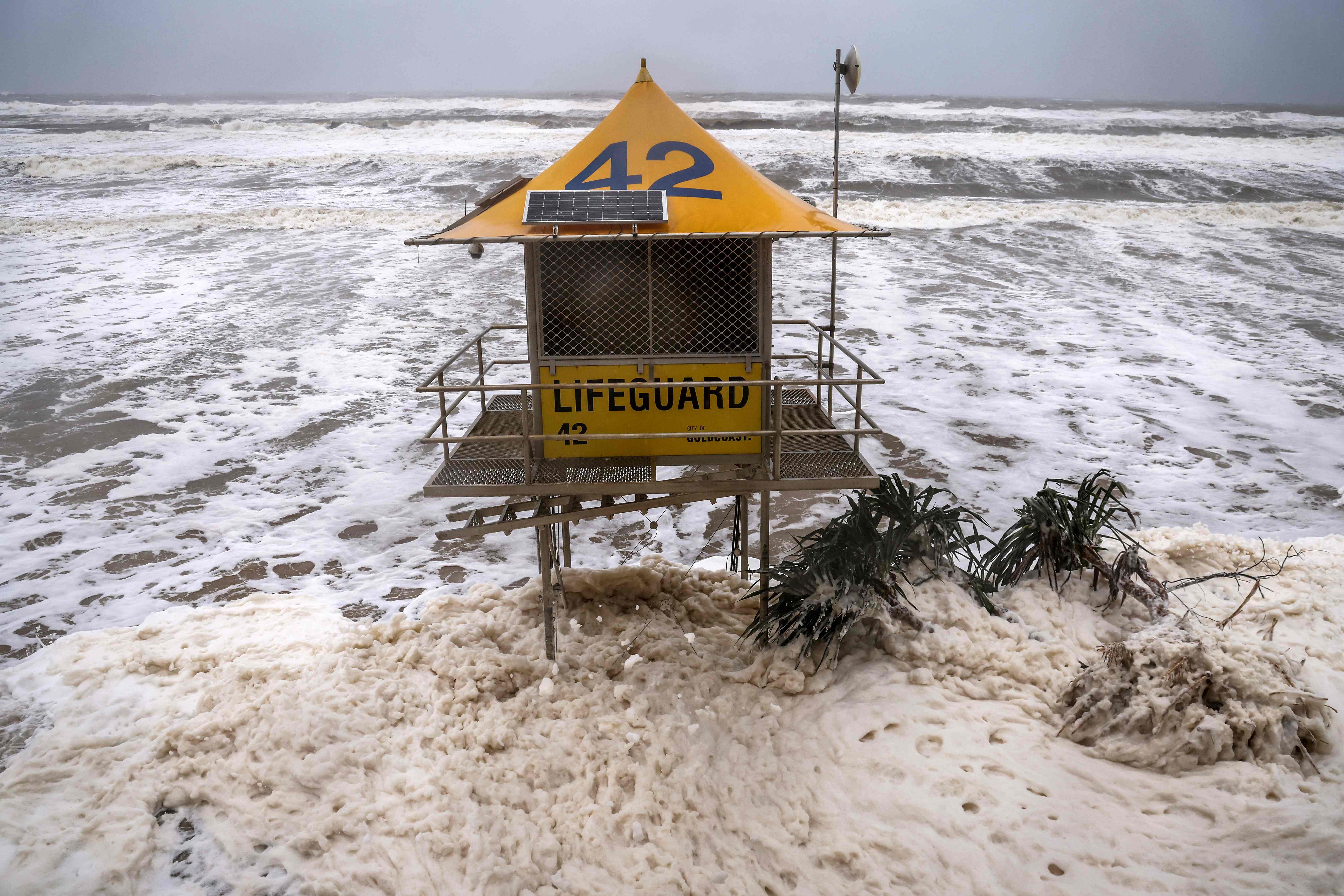A Rough Election Year for Ruling Parties Across the Globe
The current wave of voter anger serves as a stark reminder that political power is more fragile than ever. In a world where global and local factors intertwine, the margin for error has shrunk. Voters are becoming more demanding, and the tolerance for mismanagement—perceived or real—is rapidly diminishing.
As parts of Nepal head into by-elections, it is an apt time to closely analyze the trend following most election results in 2024. This year, over 60 countries had scheduled national elections, including presidential, parliamentary, and legislative elections, and there is one common winner in all of them—incumbents have been battered, bruised, and convincingly overthrown from power.
Across the globe, it is a rough season for those in power. Incumbents are being ousted by voters in a series of dramatic electoral defeats, indicating a shift that spans continents and political systems. From the United States to South Africa, Japan, and Sri Lanka, ruling parties are facing a growing wave of discontent. This trend has sparked debate and analysis over why incumbency has become such a liability—and what lessons might be drawn from it.
It’s clear that the backlash against incumbents is not an isolated event but a truly global phenomenon. Recent elections provide a stark illustration of this. In the United States, former President Donald Trump scored a decisive victory over Kamala Harris. In France, President Emmanuel Macron’s centrist alliance slipped to third place in unexpected early elections, squeezed out by rising movements from both the left and right along with similar results in the United Kingdom, Lithuania, Botswana, and Portugal. In Austria, September's elections saw the far-right Freedom Party claim the largest share of votes, although it might remain out of power due to coalition dynamics.
Global IME Bank named ‘Best Bank in Nepal for 2024’ by Global F...
_20240514180252.jpg)
Even where incumbents managed to retain power, it came at a heavy cost. Japan’s Liberal Democratic Party, historically dominant, was forced into a minority government for the first time in 15 years. In India, Prime Minister Narendra Modi did secure a third term, but his party lost its majority and now depends on coalition partners to govern effectively. South Africa’s African National Congress, which has held power since the end of apartheid, lost its parliamentary majority for the first time in 30 years, entering a coalition government with its opposition, the Democratic Alliance.
Even countries that haven’t held elections this year are feeling the heat. In Canada, Prime Minister Justin Trudeau’s Liberal Party faces steep competition from the Conservative opposition as the next election approaches in 2025. In Germany, Chancellor Olaf Scholz’s coalition is polling poorly, while the opposition CDU enjoys a strong lead and is a shoo-in to take power.
What’s particularly telling is that this anti-incumbent sentiment isn’t tied to any specific ideology. Voters have rejected ruling parties from across the political spectrum. Russia and Tunisia are notable exceptions, where incumbents maintained control, but these aren’t examples of thriving democracies, so we cannot consider them as outliers. Mexico stands out as a rare counter-example: in June, Claudia Sheinbaum of the ruling Morena Party was elected with a strong mandate, but Mexico is a lone case in a year of incumbent setbacks.
The simplest explanation is economic frustration, particularly around inflation. As James Carville liked to say, “It’s the economy, stupid,” and for most voters, the economy is all that seems to matter. This year’s elections were voters’ first chance to express their dissatisfaction with the economic disruptions caused by the COVID-19 pandemic and the war in Ukraine. These global events triggered a sharp rise in inflation, with July 2022 seeing a worldwide peak of 9.4%—the highest in over a decade. Although inflation has since moderated, the cost of living remains a major issue. Voters remember what their grocery bills used to look like four or five years ago, and they’re holding incumbents responsible for the difference. In Nepal, the price of a 25 kg bag of Jeera Masino rice has surged from Rs. 1,600 to Rs. 2,500, partly due to India’s export ban.
Yet, inflation isn’t the whole story. Local political dynamics play a significant role in each country. In Japan, corruption scandals tainted the Liberal Democratic Party’s reputation. Senegal’s ruling party faced backlash after attempting to delay elections, fueling opposition gains and highlighting how different factors can intersect with the broader global mood.
The common thread is that the last few years have been marked by global upheaval, and voters seem keen to hold their leaders accountable. The COVID-19 pandemic and the Russian invasion of Ukraine disrupted economies, healthcare systems, and global trade, leaving many feeling that their governments failed to manage these crises effectively.
Voters may forget scandals, mishaps, and hypocrisy, but what they don’t forget is grocery prices from four years back. This is probably why Donald Trump made the price of bacon a big issue in his political rallies.
What This Means for Nepal
Although the next election is still some time away, Nepali politicians would be wise not to ignore the shifting political landscape. The last election saw major parties suffer significant losses in urban areas to newcomers and independents. Public sentiment toward alternative parties continues to grow, aligning with the global anti-incumbent trend.This should serve as a wake-up call for the UML and Nepali Congress. Their survival and performance in the upcoming elections could be at serious risk. Instead of enacting much-needed reforms, the current government remains entangled in petty feuds—whether with coalition partners, the Nepal Electricity Authority, independent mayors, or political opponents. Meanwhile, the UML’s public rallies and demonstrations appear to be more about theatrics than governance.
Despite reassurances from loyalists in his echo chamber, the prime minister's public approval has never been solid. The government’s inaction and mismanagement risk turning frustration into full-blown discontent. If this trend continues, anti-government chants in a stadium during a football match will be the least of the prime minister’s worries.
The current wave of voter anger serves as a stark reminder that political power is more fragile than ever. In a world where global and local factors intertwine, the margin for error has shrunk. Voters are becoming more demanding, and the tolerance for mismanagement—perceived or real—is rapidly diminishing. For leaders across the world, the message is clear: adapt to changing expectations, address the issues that matter to the public, or prepare to be swept aside.









































